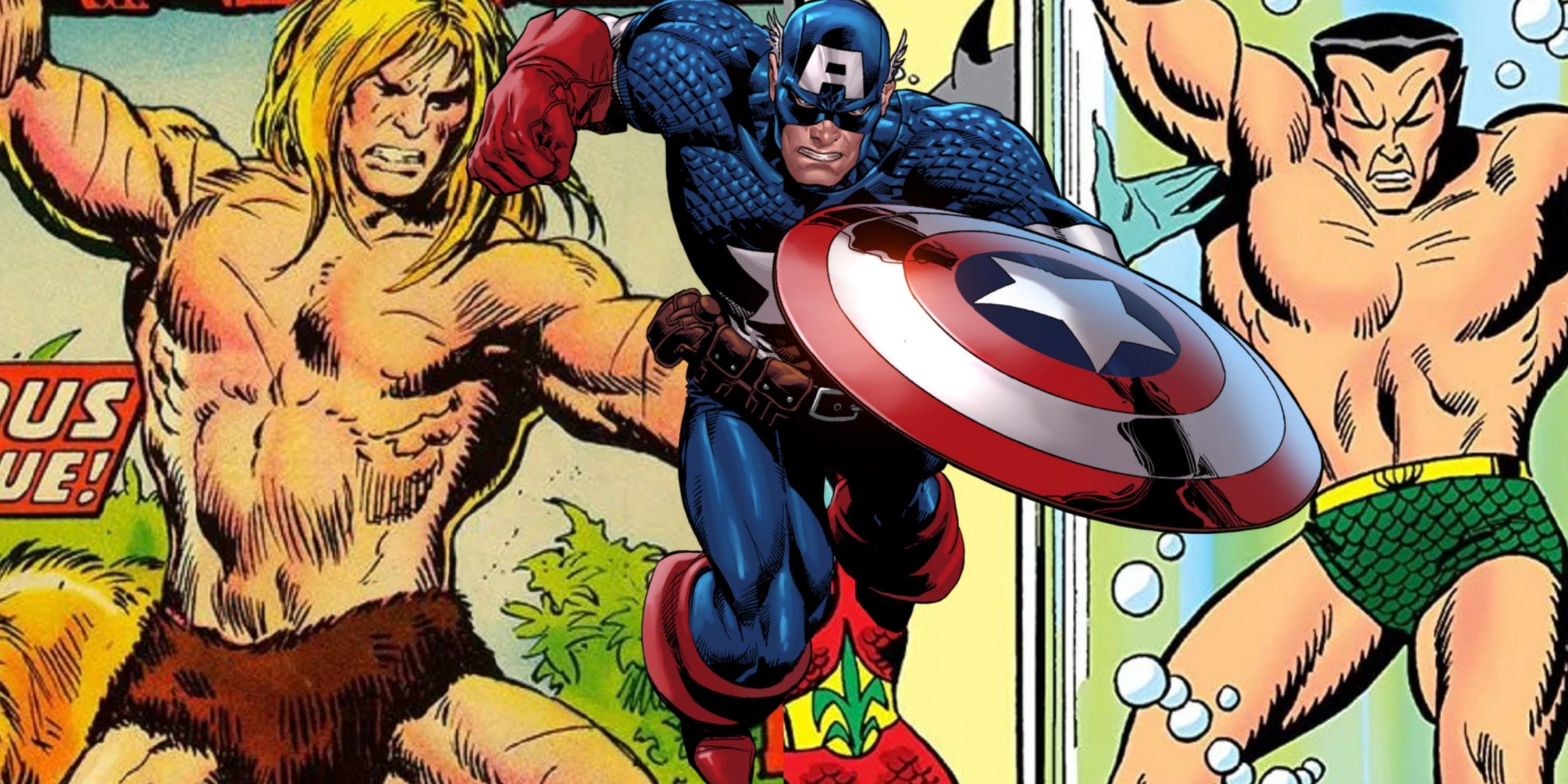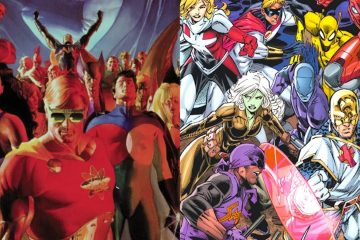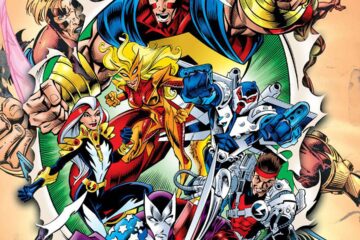Marvel Comics has become the unquestionable king of the superhero and comic book industry. Established in 1939 as Timely Comics, the company grew throughout the Golden Age and exploded into the mainstream throughout the Silver Age. Here, heroes like Spider-Man, Iron Man, Thor and the X-Men came to embody the company’s colorful approach to heroes. However, over eighty years later, many fans still wonder who the company’s first hero was — and it isn’t who most people think.Beginning its existence as Timely Comics, they launched the Marvel name with Marvel Comics #1 in 1939. The title was intended to compete with similarly named DC (then National Publications) titles, like Action Comics, Detective Comics, and More Fun Comics. In the early Golden Age, DC dominated the comic book industry, and books featuring heroes like Superman, Batman, Wonder Woman, and the Justice Society of America sold very well. It wasn’t until the Silver Age that Marvel created most of the A-list heroes fans know and love today. The company began rather humbly, promoting heroes that most people wouldn’t recognize today, and Golden Age heroes like The Human Torch debuted in Marvel Comics issue #1. However, Marvel already had a hero on its roster.Since Marvel’s first title, Marvel Comics #1, introduced several heroes, fans sometimes wonder who the company’s first hero was. Some debate whether Namor really qualifies since he’s more of an antihero, while others prefer to see Joe Simon and Jack Kirby’s Captain America as the company’s analog to Superman since in many ways he was the starting point for the Marvel Universe. It’s certainly reasonable, on a character and sales level, to argue that Captain America Comics #1 was Marvel’s Action Comics #1. Neither book was the first appearance of the first costumed hero for either company, but both kicked off the age of the superhero for their respective companies.RELATED: 10 Best Character Introductions in Comic Book History, Ranked
Marvel Comics has become the unquestionable king of the superhero and comic book industry. Established in 1939 as Timely Comics, the company grew throughout the Golden Age and exploded into the mainstream throughout the Silver Age. Here, heroes like Spider-Man, Iron Man, Thor and the X-Men came to embody the company’s colorful approach to heroes. However, over eighty years later, many fans still wonder who the company’s first hero was — and it isn’t who most people think.
Beginning its existence as Timely Comics, they launched the Marvel name with Marvel Comics #1 in 1939. The title was intended to compete with similarly named DC (then National Publications) titles, like Action Comics, Detective Comics, and More Fun Comics. In the early Golden Age, DC dominated the comic book industry, and books featuring heroes like Superman, Batman, Wonder Woman, and the Justice Society of America sold very well. It wasn’t until the Silver Age that Marvel created most of the A-list heroes fans know and love today. The company began rather humbly, promoting heroes that most people wouldn’t recognize today, and Golden Age heroes like The Human Torch debuted in Marvel Comics issue #1. However, Marvel already had a hero on its roster.
Since Marvel’s first title, Marvel Comics #1, introduced several heroes, fans sometimes wonder who the company’s first hero was. Some debate whether Namor really qualifies since he’s more of an antihero, while others prefer to see Joe Simon and Jack Kirby’s Captain America as the company’s analog to Superman since in many ways he was the starting point for the Marvel Universe. It’s certainly reasonable, on a character and sales level, to argue that Captain America Comics #1 was Marvel’s Action Comics #1. Neither book was the first appearance of the first costumed hero for either company, but both kicked off the age of the superhero for their respective companies.
#Marvels #Hero #Isnt
Note:- (Not all news on the site expresses the point of view of the site, but we transmit this news automatically and translate it through programmatic technology on the site and not from a human editor. The content is auto-generated from a syndicated feed.))



